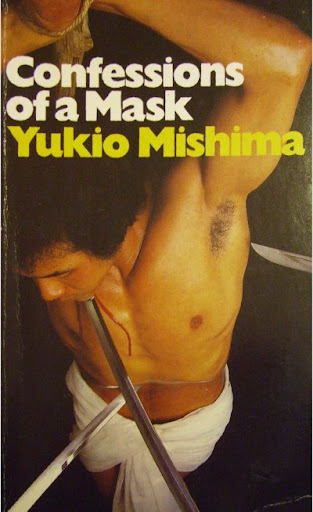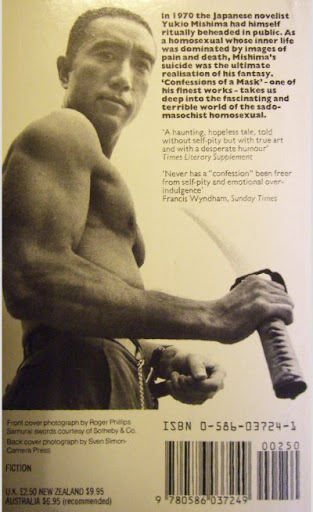Vic Godard and the Subway Sect – Glasgow Accies Club, 23rd June 2007
It’s not so true now, but there was a time when it seemed that every third article at Tangents was about Vic Godard. I’ve just been flicking through their back pages, and though I couldn’t find a whole Kevin Pierce article about him, equally it was hard to find one without a passing mention. He seems to have wanted to weave him into the fabric of everything he wrote about, the warp through which wefts could come and go. Often he wouldn’t say anything about Vic, but would mention him by way of making a point about something else. Lists of the things which ought to concern people, always with the knowledge that on the whole they really didn’t. But that was no reason not to spin them anyway. When the 20 Odd Years compilation came out he said that ‘for the gifted writing wonderful songs is a little like riding a bike’, which sums up Vic pretty well. Never appearing to try particularly hard; in fact, at his best when he’s forgotten that any effort is required at all, when the momentum carries him. And, racing downhill, he knows just the time to stand on the handlebars for a show-off bow, and just the time to give gravity a hand with a burst of pedalling, lifting your heart into your mouth as you listen.
There was something of this idea in the choice of venue for Saturday’s gig, which was at a sports – a rugby – club. Unusual, but warm, friendly. We found the street with the help of an A-Z and some muffled bass drum sounds, and were almost there when a car pulled up opposite and the driver called out, ‘are you looking for the gig?’ He drove us back the way we’d come, to where he’d seen some other lost and ageing indie kids, but they’d gone. He pulled up on to the pavement, phoned someone on his mobile, grabbed my rain-spattered and extremely faint Google Maps printout, and eventually drove us back to where he’d found us, and on down the driveway. We got out, and there outside the entrance was Vic Godard, wearing his baggy blue Royal Mail uniform, chatting to someone. ‘We’re in the right place,’ said Andy, under his breath, and I thought of all the times I’d annoyed him by asking him to play, out of all his vast record collection, the T.R.O.U.B.L.E. LP. Every time I went round.
I’d seen Vic just once before, in August 2000, when he came to Edinburgh and sang a set of Velvet Underground songs. This was how he promoted 20 Odd Years?! It was thoroughly great, though, Vic taking delight in imagining the negative journalistic response to such indulgence, and saying in his defence that well, isn’t this where it all came from, really? The Beatles, pah! He sang the Velvets’ later, gentler songs as they were better adapted to ‘my nasal tone’. ‘I’m Set Free’ was one, ‘Pale Blue Eyes’ another. ‘Sunday Morning’ too. There really are worse ways of spending your time. The wallop of a select few of his own songs for a second encore (he had the band play ‘Waiting for the Man’ unrehearsed for the first one) was twice as thrilling in the context of the crooning.
A similar thing happened on Saturday, but in reverse. The bulk of the songs were from 1976-8 – ‘that’s what gives them their ancient, archaeological feel’ explained Vic, who has apparently re-recorded the never-released debut Subway Sect album (why on earth…? It worked surprisingly well for Brian Wilson, I suppose). And it was exciting to hear ‘Birth and Death’, ‘Chain Smoking’ and the rest all scuzzed up and bloody, of course it was. But the real moments of magic in the set for me were ‘Stamp of a Vamp’… let’s just pause there actually, and try to recapture the scene: ‘Watching the Devil’ has just thumped insouciantly to a conclusion, and Vic has been proving himself more of an axe god than I’d have thought possible (thought they wiped all his parts on What’s The Matter Boy ’cause he couldn’t play?) But now he puts his guitar down. He announces ‘a smoochie number’. And in his baggy uniform, with steel-capped heavy duty shoes, he moves as though he’s stepped out of the post-punk apocalypse of 1978 into a ’30s MGM musical, being whisked up to the stars. ‘Sorry about the clothes’ he said afterwards, gliding back down to earth. ‘Next time I’ll bring my tux.’
The other moment which left me breathless was the last song, ‘That Train’. Not sure if it’s on a record: Vic introduced it as being ‘a gospel number I wrote a couple of years ago’, and with absolute poise and gusto ripped into a simple song which could have been as old as the age of steam. The drums clattered along like an express, a harmonica blew like a whistle and the lyrics revolved around the repetition of the words ‘that train is gonna save me’ and ‘that train will never come’. Typical Vic. Fully formed, unassailable, existential, catchy as hell and he probably knocked it off one morning before breakfast on his postal round, scaring cats as he went.







